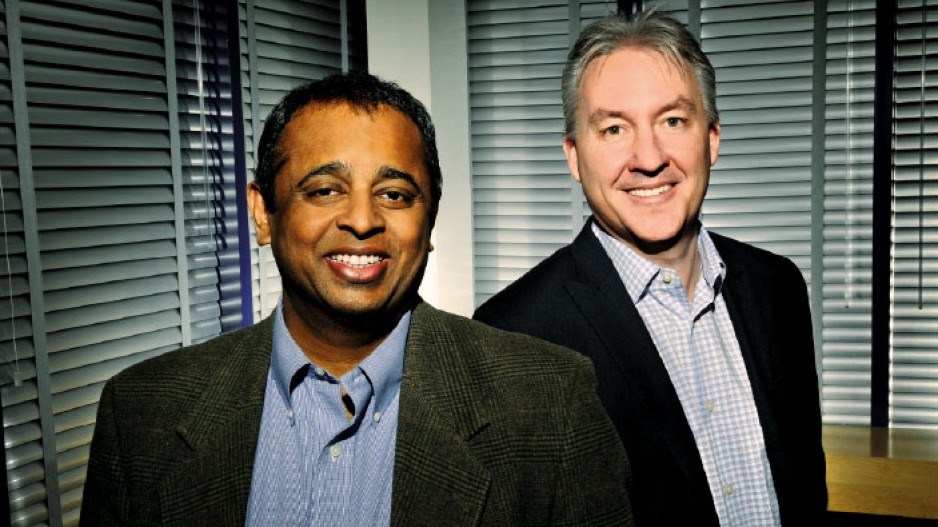In 1981, according to Statistics Canada, there were six workers for every retiree. By 2031, that ratio will decline to three to one.
Canada's labour force will shrink as baby boomers retire. The new crop of "Y Gen" workers, who are already starting to take their place, promise to become increasingly valuable commodities, and not just because there will be fewer of them.
They also bring with them a range of new technological skills, according to Eric Gales, president of Microsoft Canada Inc.
"People are staying in the workforce longer, but that's only sustainable for so long, so it's finite," said Gales, who was in Vancouver last week speaking to students at the Sauder School of Business about their career opportunities and expectations.
"Ultimately, they have to leave the workforce. I think there's lots of opportunity for this generation coming."
Y Gen will give Canada a much-needed lift in productivity and innovation, Gales predicts, which is just what the country needs.
"There are many studies that suggest that there is a productivity and innovation gap in Canada," Gales said. "One of the key issues seems to be a slower adoption of technology in the Canadian marketplace."
Y Gen entrepreneurs and employees have grown up with the Internet, and social media communication is second nature to them. It's a generation that knows how to use cloud-based collaboration tools and solve problems through crowd-sourcing.
"They've grown up immersed in technology," Gales said. "Now they're going to enter the workforce with a whole different context, replacing an older generation that really grew up with none of that."
But while technology can improve workplace productivity, it can also result in compartmentalization and isolation within organizations and society in general.
The Sauder School of Business's centre for CEO leadership has identified that many CEOs are worried about the silo effect in society and in their own organizations, said Murali Chandrashekaran, the school's associate dean of professional graduate degree programs. Compartmentalization and isolation are not good for an organization's productivity.
They're also bad for innovation because they stifle collaboration, which is why a new MBA program that Sauder plans to launch in September focuses on integration. It will annually admit 120 students, who will have four career tracks to choose from: business innovation, finance, consulting and products and services management.
While Y Gen entrepreneurs and employees will bring new skill sets with them into their workplaces, they also have different expectations, and some organizations might struggle to meet them.
"I think student expectations are perhaps much broader than organizations are ready to embrace right now," Chandrashekaran said.
For example, Y Gen might neither expect nor want to be tied to the traditional Monday to Friday, nine-to-five work week.
Companies wanting to recruit A-list employees might also find that the new generation has different priorities.
They might, for example, be more concerned about the company's environmental footprint or its social engagement policies than what its dental plan is like.
"When I got my first job, the last question on my mind was 'What community engagement does your organization have?'" Chandrashekaran said. "Now that's perhaps one of the top three questions." •




